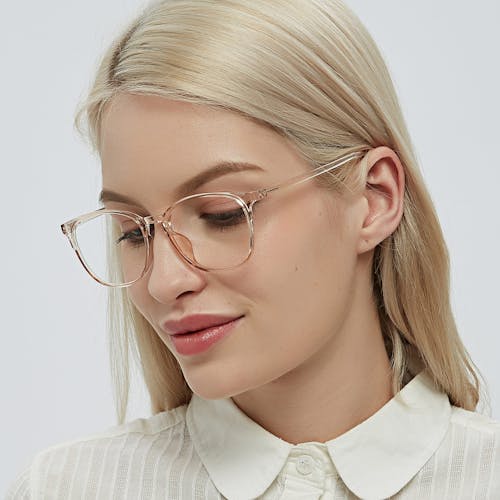The Importance of Scheduling Your Eye Glass Appointment
Scheduling an eye glass appointment is crucial for maintaining your eye health. Regular check-ups can help detect vision problems early and ensure you have the perfect prescription. This article discusses the benefits, preparation, and what to expect at your appointment.
The Importance of Regular Eye Check-Ups
Eye health is often overlooked, yet it plays a vital role in overall well-being. Regular eye exams can catch problems early on, including conditions like glaucoma and macular degeneration, potentially preventing severe complications. When you schedule your eye glass appointment, you're taking a proactive step in maintaining not only your vision but also your eye health.
Understanding Different Types of Eye Appointments
There are various types of eye appointments, each designed to address specific needs. Comprehensive eye exams are thorough and examine all aspects of eye health, whereas follow-up appointments often focus on specific issues found during previous visits. Knowing the type of appointment you need can ensure you get the best care possible.
When Should You Schedule Your Eye Glass Appointment?
Timing is key when it comes to eye appointments. Generally, adults should have an eye exam every two years, but those with conditions like diabetes or a family history of eye diseases may require more frequent visits. Children should also have their first eye exam by the age of 1 and again at age 3 to detect vision issues early.
What Happens During an Eye Exam?
During an eye exam, you can expect various tests to assess both your vision and eye health. The process typically begins with a discussion about your medical history and any symptoms you may be experiencing. Tests may involve checking your visual acuity, evaluating your eye coordination, and examining the health of your eyes through dilation.
How to Prepare for Your Eye Exam Appointment
Preparation can help you maximize your time during the appointment. Make a list of any symptoms you're experiencing and bring it with you. Having your medical history and a list of medications can also aid the eye care provider in understanding your health status better. If you're planning to get glasses, consider bringing a pair of your current prescription glasses.
Choosing the Right Eyewear
Once your eye exam is complete, it’s time to choose eyewear. Your eye care professional will recommend suitable options based on your prescription, lifestyle, and preferences. You can opt for glasses, contact lenses, or even discuss options for corrective surgery if you're eligible. Selecting frames that suit your style while providing the correct fit is important.
Common Vision Issues to Discuss During Your Appointment
Many common vision issues can arise, including nearsightedness, farsightedness, astigmatism, and presbyopia. Discussing these issues with your eye care provider can help determine the best course of treatment. They may also inquire about your daily activities to understand better how your vision impacts your life.
Post-Appointment Care and Recommendations
After your eye appointment, be sure to follow any care recommendations given by your provider. This may include wearing glasses or contacts as prescribed, conducting regular safety checks on your eyewear, and scheduling follow-up appointments as necessary to monitor any changes in your vision.
Conclusion: Making Eye Care a Priority
In conclusion, prioritizing eye care through regular eye glass appointments is essential for maintaining optimal vision and eye health. Don't wait until you notice a problem; make it a habit to schedule your exams as recommended. Investing in your eye health today will lead to a clearer vision for tomorrow.
